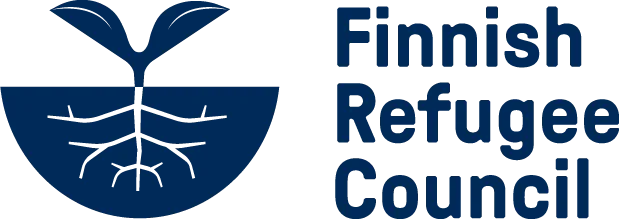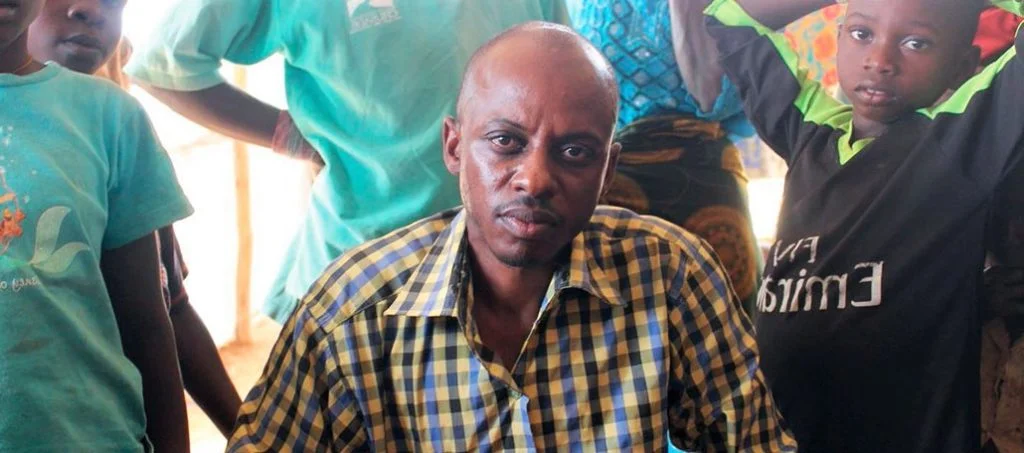Katabuku’s brother was killed and his niece was raped. Neema’s father and siblings drowned on the journey to safety. The forgotten conflict in the Democratic Republic of Congo has forced thousands of people to flee their homes. On average, more than 140 new Congolese refugees have arrived every day in Uganda this year. There is a chronic shortage of relief assistance in the country.
The Congolese are the fastest growing refugee population in Uganda. It is estimated that more than 140 new Congolese refugees arrived every day in the country this year. Many arrive over Lake Albert which is situated at the border between the Democratic Republic of Congo (DRC) and Uganda. Majority of the refugees settle in the nearby Kyangwali refugee settlement.
Like in other parts of Uganda, Kyangwali suffers from a chronic shortage of relief assistance. The settlement has increased nearly five-fold its population in less than a decade, and the area is home to almost 92,000 refugees.
Living conditions are particularly dire for newly arrived refugees who have not yet been assigned their place to settle. Before getting their own settlement, the newly arrived refugees live in reception centres which are in practice large tarp tents.
Neema lost her father and siblings
Those who have survived the perilous journey are lucky. 20-year-old Neema, who now lives in Kyangwali Reception Center, tells how the family was split into two boats to cross the lake. The other boat sank on the way, killing Neema’s father and all her siblings.
When hearing about tragedies like this, one can only wonder what makes a person leave their home and embark on a life-threatening journey to a place where even their basic needs are not fulfilled. However, as refugees tell their stories, the reason becomes clear. Nearly all stories begin with how the home village was attacked by armed groups.
Many do not even know which armed group the fighters belonged to. There are numerous violent groups in DRC and being attacked often requires no particular reason.
Katabuku’s family has lifelong traumas
Katabuku, 39, is one of the few willing to talk about the traumatic events back in his home country in more detail. Katabuku’s brother’s family owned 45 cows that a rebel group decided to steal. The rebels, however, were not content with mere cows.
They killed Katabuku’s brother and raped the brother’s wife in front of the family’s two young daughters. They then took the eldest daughter, who was 13 at the time, with them and raped her too.
Katabuku has five children of his own. He also cares for the family of his late brother, including the child born out of rape to his niece. Amidst all the suffering and trauma of the family, Katabuku is most concerned about his raped niece. She is traumatised and unwell, but so far Katabuku has not been able to get her the medical help and treatment she needs.
The dreams of the many refugees at the Kyangwali Reception Center are simple but vital in order to maintain their dignity. Katabuku, who taught French in DRC, hopes to carry on as a teacher in Uganda in order to earn a living for his family. However, he does not yet speak English, the official language of Uganda.
Your help is needed
Sufficient language skills are the first prerequisite for starting a new life and earning a living in Uganda. The official language of DRC is French and more than 200 minority languages are spoken all around the country. Refugees often have poor reading and writing skills even in their mother language, and in Uganda they should be able to cope with an entirely new language.
The Finnish Refugee Council has been working in Kyangwali for over 15 years providing literacy training and English language courses for young and adult refugees. The skills learned in the courses are simple life skills but extremely important as they provide refugees with practical skills to enhance their lives and livelihoods. For as little as 144 euros, we can cover the salary of an instructor for a 6-month English course that brings 25 refugees like Katabuku and Neema one step closer to meeting their own and their families’ needs and aspirations.


